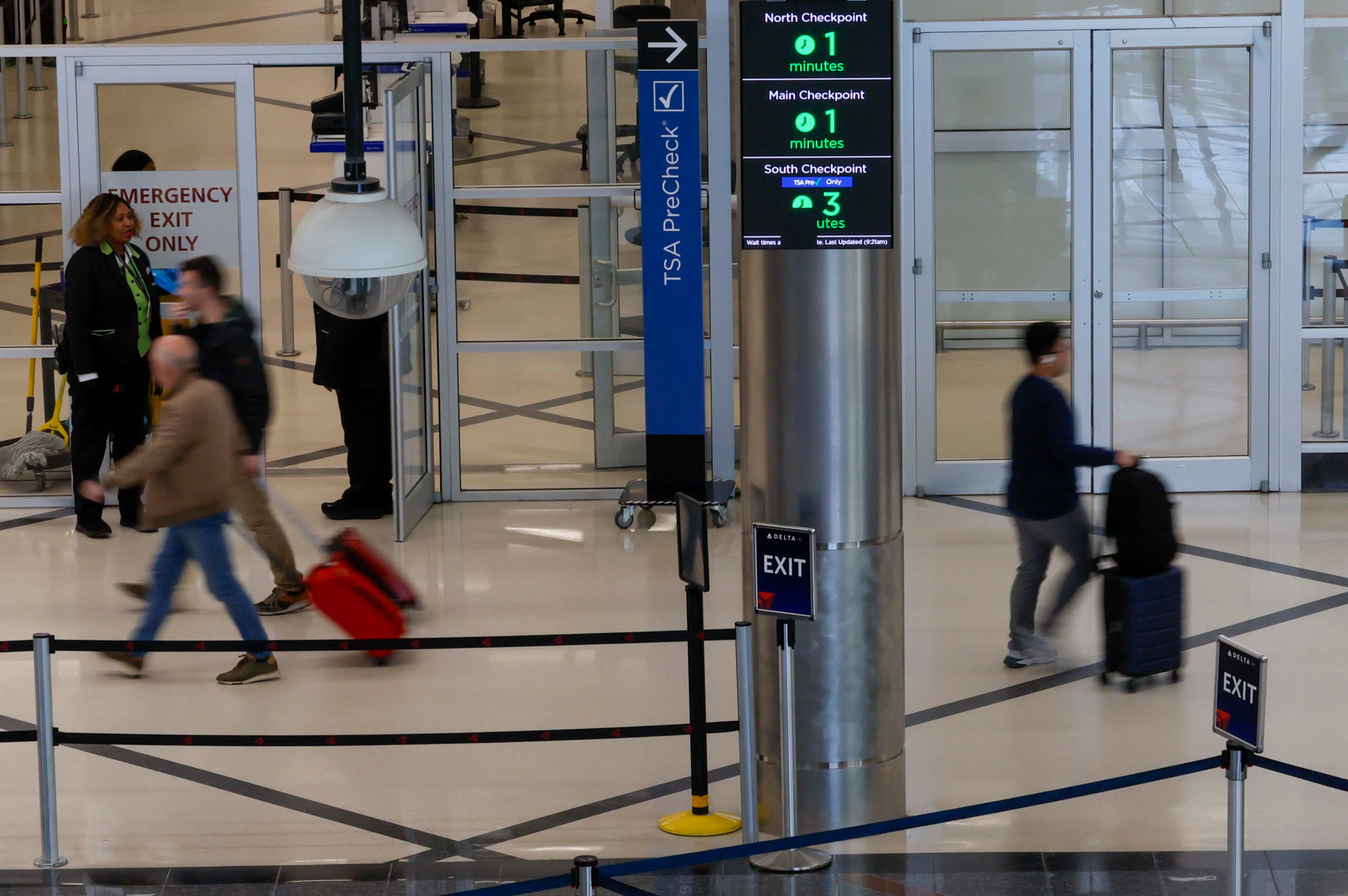Kempner: Why Amazon might want you more than money

In Amazon's decision about where to put its second headquarters, nothing matters more than people.
Specifically, people who will help delight customers and ultimately make money.
The company wants incentives from whatever community it picks for HQ2 (hopefully, Atlanta). And it cares deeply about issues, such as traffic and transit, a vibrant community, welcoming folks, costs of living, national and international connections and opportunities to transform an area.
But nothing matters more than where the online giant can get the bodies and minds it needs to continue being relentlessly relentless.
“Their number one issue, number two issue and number three issue is where is the talent,” said Michael Schutzler, who closely follows Amazon in its Seattle hometown, where he leads the Washington Technology Industry Association.
If Atlanta is to succeed, it will both have to prove it has a giant, available supply of homegrown talent and the ability to attract way more from around the world.
We’re no slouches. Neither are we a gimme.
Atlanta ranked fifth on a U.S. and Canada tech talent scorecard produced last year by commercial real estate giant CBRE. The San Francisco Bay area, Seattle, NYC and D.C. ranked higher in overall competitive advantages and ability to attract and grow tech talent.
Both NYC and D.C. also are Amazon contenders. And very close behind Atlanta in CBRE's rankings were others on Amazon's short list, including Toronto, Raleigh-Durham, Austin and Boston.

Impact on Georgia employers
Amazon’s mega arrival, with plans for 50,000 jobs, would make competition for tech talent even more intense for local companies.
“People who are hiring IT talent in Atlanta are nervous about it,” said Steven Wright, a senior account executive with eHire, an IT staffing firm.
They should be. Business leaders in Seattle have witnessed what happens.
“They are constantly stealing from one another in every industry,” said Maud Daudon, the former chief executive of the Seattle Metropolitan Chamber of Commerce.
Schutzler called it “a poaching festival.”
“Amazon tries to recruit from Starbucks. Starbucks tries to recruit from Nordstrom. ….”
The average employment stint for tech workers in Seattle is about 18 months, he said, double what it is in Silicon Valley. “It is an even bigger fur flying festival in the Valley than it is here.”
Home Depot CEO Craig Menear happened to visit The Atlanta Journal-Constitution recently for an editorial board meeting. When asked about hiring competition if Amazon comes to town, he said he didn’t figure much would change: Home Depot already competes with Amazon on that front.
“Tough competitors are good,” he said. “They make you better.”
I heard that sentiment from several business people in Seattle.
Feeding off each other
Competing for job prospects with Amazon and other tech companies drives up wages, which can be painful. But Amazon also would draw more tech workers to metro Atlanta.
Tech workers are particularly attracted to communities where there are lots of interesting companies to work for, said former Washington governor Christine Gregoire, who is chief executive of an initiative involving CEOs of major Seattle area companies. “The success of any one company is highly dependent on a cluster of technology companies.”
Still, she said of Amazon, “We struggle to give them the well-qualified workforce they need.”
In Washington, the local technology association has tried to broaden the workforce through a tech apprenticeship program offering women, minorities and veterans paid on-the-job training and education.
But that area’s needs are immense.
And it has looked like Seattle and Amazon weren't prepared for the demand.
So just as Amazon leaders predict they may create 50,000 jobs at HQ2, I predict they’ll be wrong.
They might come up short. But we also shouldn’t be surprised if Amazon blows past its HQ estimate over the next 20 years.
“If they disrupt even one more sector,” Schutzler said, “that’s not crazy talk.”
Find more Kempner columns here:http://www.myajc.com/news/opinion/matt-kempner-unofficial-business/j9F7R2mOGomS5FMjfhho2O/
Check Matt on Facebook (https://www.facebook.com/mattkempnercolumnist) and Twitter (@MattKempner) or email him at mkempner@ajc.com.



